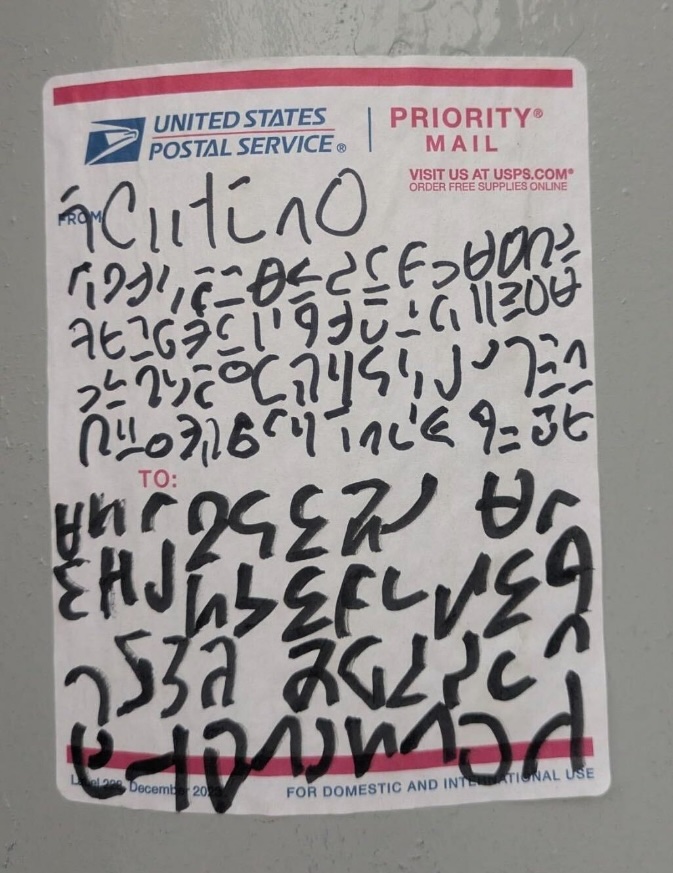Feargus O'Sullivan. "Trump’s Gilded Design Style May Be Gaudy. But Don’t Call it ‘Rococo.’", Bloomberg 7/3/2025:
The US president’s taste for gilded decor is often dismissed with comparisons to an ornate European style of the 18th century. But the real Rococo deserves a second look.
When President Donald Trump returned to the White House in January, he wasted little time redecorating. The design style of his opulent Florida estate, Mar-a-Lago, was ported to the Oval Office: Gilded figurines, plump cherubs and decorative appliques were liberally applied to walls and other surfaces in the presidential workspace.
As with the tariffs and travel bans, the renovations of the second term have been more aggressive than those seen during the first. One term used repeatedly to describe this excess of gilt and glitter is Rococo — an elaborate design style associated with pre-revolutionary France. In the New York Times, Emily Keegin called the new Oval Office a “gilded rococo hellscape,” while Kate Wagner of the blog McMansion Hell dubbed the presidential look “Regional Car Dealership Rococo.” The R word — sometimes uppercased, sometimes not — has also been invoked to describe Trumpian decor in the Washington Post, the LA Times and Vanity Fair.
For a linguistic angle on the stylistic issues, see "Elaborate interiours and plain language", 6/3/2016, along with the links therein.
Read the rest of this entry »


